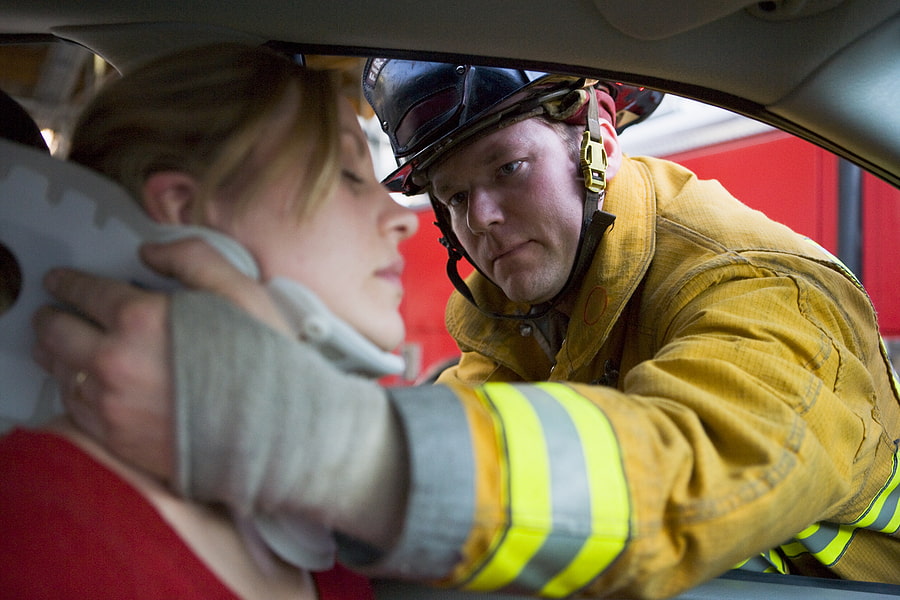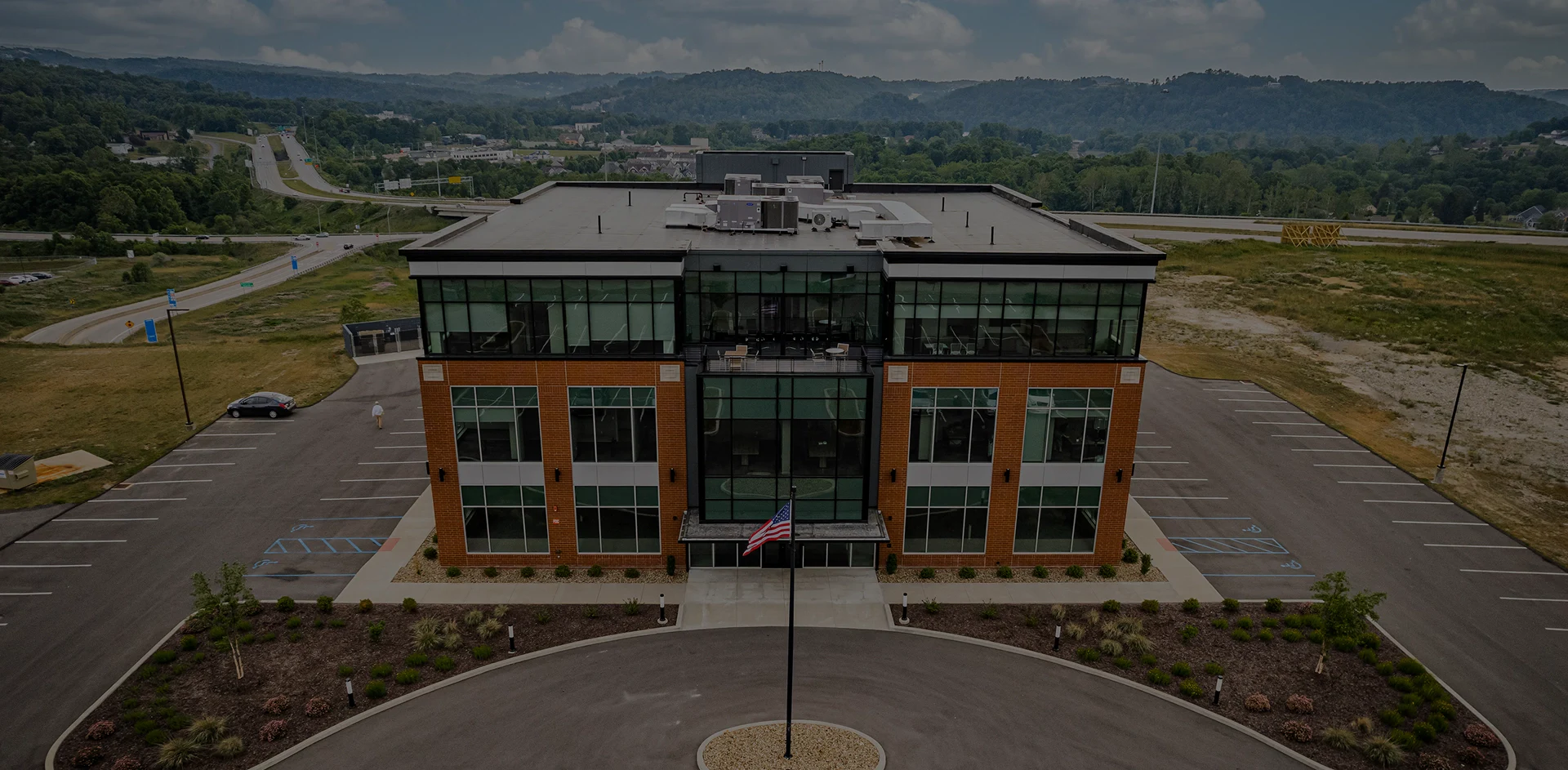4 Things to Do if You Are in an Accident Where Someone Is Injured

Being involved in a car accident can be one of the most chaotic experiences a person can endure. This is particularly true after a serious injury.
Here are four critical steps to take if you are in an accident where someone is injured.
1. Render Aid
In every state in the nation, if you are involved in an accident with another vehicle, you must stop, render aid, and exchange information with other drivers in the accident. However, rendering aid does not necessarily mean that you must perform life-saving procedures on someone. Rendering aid more commonly involves calling 911 to request an ambulance to the scene and remaining with the injured person until help arrives.
2. Exchange Information
Suppose a car accident caused by another driver’s carelessness or recklessness injured someone. In that case, they have the right to seek compensation for their injuries from the at-fault party most often through their auto liability insurance policy. This endeavor can even involve using the state’s civil court system if the insurance provider or the at-fault party fails to compensate the claimant’s injury adequately.
To make this process possible, the drivers of each vehicle involved must exchange information with other drivers, including:
- Name and contact details of all drivers involved.
- Year, make, and model of all vehicles involved.
- The license plate number of all vehicles involved.
- The driver’s license number of all drivers involved.
If the driver of the car you were riding in was injured, you may provide the needed information to other drivers. If you cannot do so, the officer responding to the scene will produce an accident report containing this information.
Collect any witnesses’ names and contact information at the scene.
Most insurance companies require their insured to report any accidents they have been involved in with their vehicle, even if the insured does not plan to file a claim. This safeguards them from unexpected claims and leaves the door open if the insured has a policy that can help pay for their injury. It is essential to include the information you have obtained from the other drivers involved when you make this report to your insurance company.
3. Seek a Medical Evaluation for Yourself
Anyone involved in a car accident should have a medical evaluation afterward. This is because car accidents can result in injuries that present delayed symptoms. It is best to obtain treatment for an injury immediately after it occurs. Any delay could cause further damage.
In addition, seek a medical evaluation after an accident to preserve your right to seek compensation for your injuries. This process requires you to prove that your injuries resulted from the accident, which is more challenging if you didn’t seek immediate medical attention.
4. Speak With an Attorney
Suppose you or your loved ones sustained an injury in an accident caused by someone else’s negligence. In that case, you can seek compensation for the expenses and impacts of the injury through the personal injury claims process.
An experienced personal injury attorney can:
- Determine who caused the accident and the availability of associated insurance resources that can provide your compensation.
- Evaluate your claim to account for the accident’s severity, how much insurance coverage is available, the expenses you incurred in medically treating your injury, and how the injury impacted your quality of life.
- Gather evidence that can prove liability and expenses. The evidence used to establish liability in a car accident often includes photos from the accident scene, the police report, witness testimony, and information such as a driver’s drug or alcohol test results and the expert testimony of accident reconstruction professionals. Medical and vehicle repair bills, employment documentation, and testimony from medical professionals can prove expenses.
- Manage your case’s deadlines to ensure your right to file your claim in court with a car accident attorney. Car accident claimants in West Virginia typically have two years to file their claim in court. If you fail to file the claim by then, you cannot seek compensation for your injury.
- Manage communication with the insurance provider to negotiate a fair settlement on your behalf and protect your claim from common insurance company tactics.
- Advise you about the process, the value of your claim, and other matters as necessary to ensure you have the information available to make reasoned decisions about the status of your case.
- Litigate your claim by preparing evidence exhibits, delivering opening and closing arguments, and questioning witnesses.
- Collect your settlement or award.
Injured in an Accident? A Personal Injury Attorney Can Help
If a negligent driver in West Virginia caused you harm, you likely have many questions about your case and legal options. A personal injury legal team can answer those questions and provide you with information about the process that can help determine your next steps. Contact a personal injury attorney as soon as possible for more information about your rights.
Recent Posts
The Role of Truck Black Boxes in Accident Investigations Motorcycle Accidents Involving Semi-Trucks: Special Considerations in West Virginia Navigating Medical Bills While Recovering from a Motorcycle Accident Pre-Ride Safety Inspections That Could Save Your Life and Strengthen Your Case Seasonal Motorcycle Storage and Insurance: What Morgantown Riders Should Know